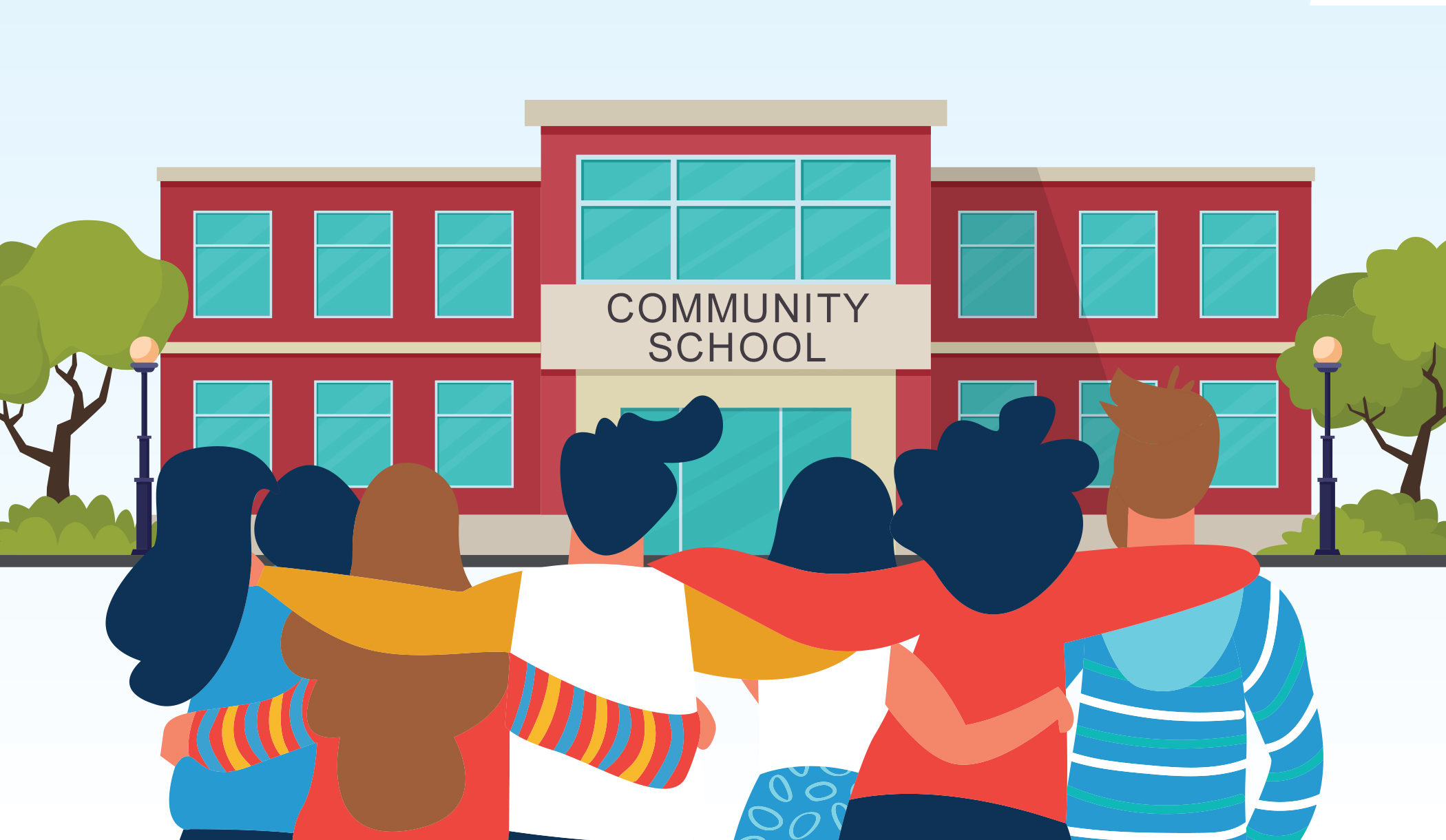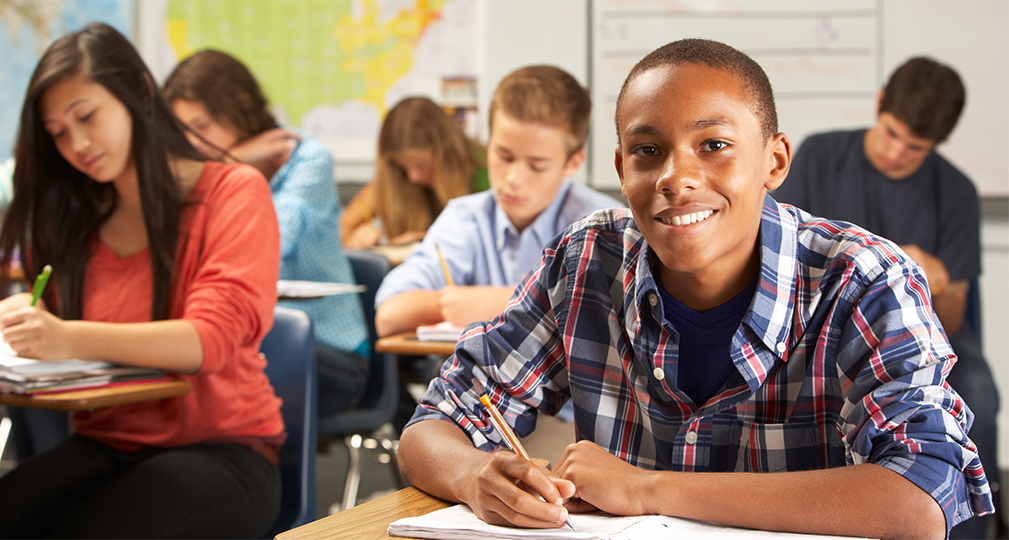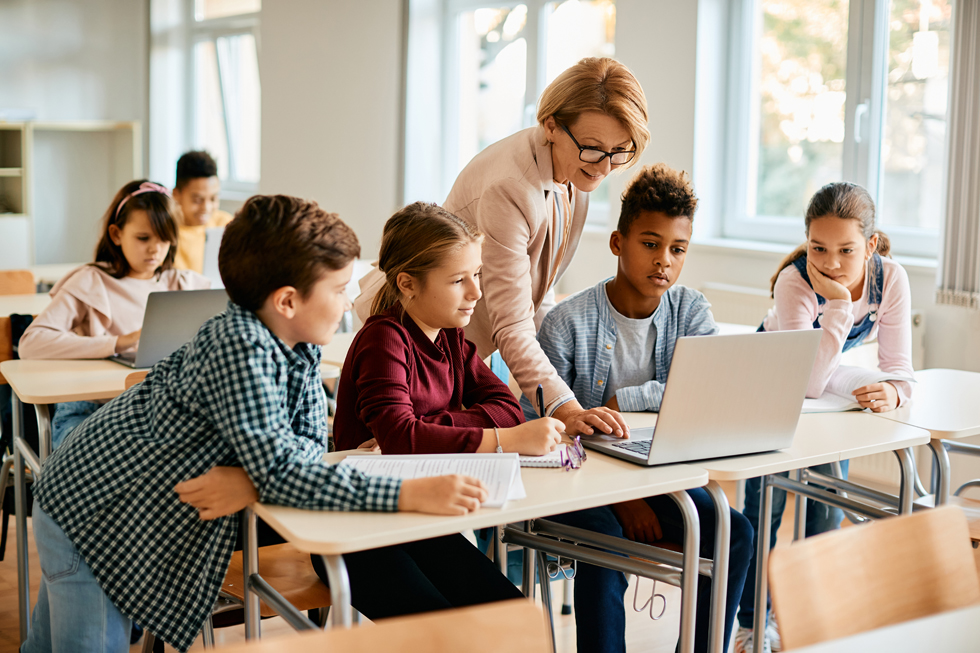The Relevance of Regional Assistance to Save Temecula Schools Today
The Relevance of Regional Assistance to Save Temecula Schools Today
Blog Article
How Schools Play a Crucial Function in Shaping Future Leaders and Trendsetters
By incorporating project-based knowing and interdisciplinary studies, academic organizations test trainees to assess and synthesize complex info. Educators offer as coaches, guiding students and nurturing their capacity, while extracurricular activities additionally develop management abilities and durability.
Promoting Vital Assuming
In today's rapidly evolving world, promoting critical assuming within educational organizations has actually ended up being paramount. As culture faces increasingly complicated worldwide obstacles, the capability to assess, evaluate, and synthesize info is vital. Colleges play an essential duty in developing these abilities, preparing trainees to browse and address complex problems with notified, reasoned decisions.
To grow critical thinking, educators employ numerous instructional strategies that urge energetic discovering and intellectual interaction. Classroom conversations, problem-based knowing, and Socratic questioning are crucial in promoting reflective and analytical idea procedures. By challenging pupils to question assumptions and consider numerous perspectives, these methods ensure a much deeper understanding of subject past rote memorization.
Moreover, integrating critical assuming across the curriculum reinforces its relevance and applicability in diverse contexts. Topics such as mathematics, scientific research, history, and literary works each deal unique opportunities to develop trainees' crucial faculties. For example, examining historical events requires evaluating resources and recognizing context, while clinical inquiry demands extensive hypothesis testing and evidence-based reasoning.
Inevitably, instilling crucial believing skills in students furnishes them with the cognitive devices essential for long-lasting knowing and flexibility. It is through this foundational capability that future leaders will certainly have the ability to introduce, resolve problems, and add meaningfully to society.
Motivating Creativity
Welcoming creative thinking within instructional structures galvanizes students to believe past standard borders and explore innovative options. By incorporating imaginative ventures and creative thinking exercises right into the curriculum, schools cultivate an atmosphere where creativity and imaginative idea are valued. This strategy not only enhances the instructional experience yet additionally furnishes pupils with the capability to tackle real-world difficulties in novel methods.
Educational establishments can cultivate creativity through varied means such as project-based understanding, interdisciplinary studies, and the incorporation of arts and innovation. Project-based discovering, as an example, encourages students to apply their knowledge in sensible, usually collaborative, jobs that demand inventive problem-solving skills. Interdisciplinary studies enable students to attract connections between different subjects, thus broadening their point of views and boosting their imaginative capabilities.
Moreover, supplying trainees with chances to engage with arising modern technologies, such as coding and digital style, further supports their imaginative possibility. These activities motivate students to experiment, stop working, and iterate, which are vital components of the innovative process (Save Temecula Schools). By maintaining a helpful environment where experimentation is urged, schools can guarantee that students establish the confidence to pursue innovative concepts
Basically, nurturing creativity in educational setups is crucial for shaping future leaders and pioneers qualified of dealing with complicated global problems with resourcefulness.
Promoting Cooperation

Applying group-based discovering modules and participating jobs allows students to experience the dynamics of team effort firsthand. This not just prepares them for the joint nature of modern offices but also nurtures management qualities as they usually need to take on functions such as task managers or team coordinators. Additionally, cooperation in the class can break down social barriers and advertise inclusivity, guaranteeing that each student feels valued and listened to.
Moreover, integrating innovation can additionally support joint efforts. Tools like common interactive systems and electronic work areas enable pupils to collaborate effectively, also outside the classroom. As trainees establish see this page these joint abilities, they are better furnished to tackle intricate challenges and innovate, laying the foundation for their future duties as leaders and trendsetters.
Duty of Teachers as Advisors

Mentorship involves tailored interest, where teachers determine and nurture individual staminas and address weaknesses. Save Temecula Schools. Via one-on-one interactions, instructors can tailor their advice and assistance to satisfy each trainee's unique requirements, promoting a sense of confidence and durability. This individualized method grows a growth frame of mind, urging pupils to check out failings as possibilities for finding out and development
Furthermore, teachers function as good example, showing the worths of determination, stability, and compassion. Their actions and attitudes provide a plan for pupils to emulate, instilling a sense of honest obligation and social recognition. By creating a supportive and inclusive classroom environment, teachers enable students to establish social skills that are crucial for efficient leadership.
In essence, the mentorship supplied by teachers lays a foundational framework for the advancement of future leaders, outfitting them with the understanding, skills, and values required to stand out in an ever-evolving globe.
Impact of After-school Activities
When incorporated effectively into the academic framework, extracurricular tasks considerably boost pupil growth and management capacity. These tasks give students with opportunities to check out interests past the traditional educational program, cultivating a versatile ability collection.
Students involved in songs, discussion, or drama clubs discover to think seriously and method issues from varied perspectives. By teaming up with peers from different backgrounds, students additionally develop empathy and interaction skills, crucial characteristics for future leaders.
Research suggests that pupils included in such programs have a tendency to have greater grades and much next page better presence documents. Thus, institutions that focus on a balanced method to education, integrating durable extracurricular programs, are a lot more likely to produce leaders and innovators outfitted to meet the obstacles of the future.

Final Thought
In verdict, colleges considerably shape future leaders and trendsetters by supporting essential thinking, imagination, and cooperation amongst pupils. By promoting a helpful environment that values individual strengths and teamwork, colleges furnish pupils with the needed abilities to browse future challenges and drive technology.
As trainees develop these collaborative abilities, they are better outfitted to take on complex challenges and introduce, laying the groundwork for their future roles as innovators and leaders.
By fostering critical thinking and analytical skills, instructors help trainees navigate intricate difficulties, preparing them for leadership functions in numerous fields.
By teaming up with peers from various backgrounds, pupils additionally develop compassion and communication skills, necessary traits for future leaders.
In verdict, institutions significantly form future leaders and pioneers by supporting important thinking, creative thinking, and collaboration amongst students. By cultivating a supportive setting that values private strengths and team effort, schools furnish pupils with the needed abilities to browse future obstacles and drive technology.
Report this page